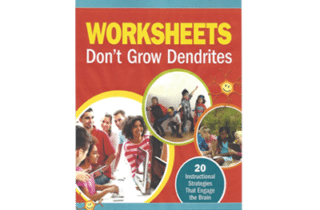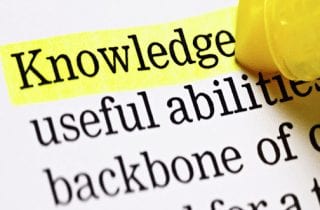Presented by Mariah Douglass Bruehl, Educator, Author, and Founder of Playful Learning; and Jacki Schulze, Playful Learning Studio Director, Playful Learning
Presented by Kylie Rymanowicz, Senior Curriculum Manager, Hatch Early Learning; and Kelly Harte, M.Ed., Former Assistant Superintendent, Morris School District (NJ), and Current Customer Success Director, Hatch Early Learning
Presented by Kathy Rhea Bumgardner, M.Ed., National Literacy Consultant for Strategies Unlimited, Inc., Program Author of Wonders 2023 for McGraw Hill Education, and Adjunct Professor of Literacy at Queens University of Charlotte
Presented by Tina H. Boogren, Ph.D., Author and Education Consultant
In this edWebinar, Martha Hougen, Ph.D., and Susan Smartt, Ph.D., will discuss the science of reading research and how the research informs effective literacy instruction for all students.
In this edWebinar, we will share five fun and effective strategies to motivate students and complement your language program.
This edWebinar will examine best practices in digital literacy instruction including assessment, instructional approaches, and models for ensuring your students master digital literacy concepts and skills so they are prepared to excel in a digital world.
During this webinar, attendees will experience at least ten of the 20 strategies that all teachers should use to deliver instruction, regardless of the grade level or content area of the student. These brain-compatible strategies are used most often in kindergarten but should be used by all teachers to maximize memory and minimize forgetting.
One of the critical Common Core skills is to summarize the main ideas contained in a text. Writing a crisp summary depends upon distinguishing key ideas from details. This month, edWeb community, Instructional Strategies for Reading Improvement K-8, hosted a webinar providing strategies for helping students improve their abilities to write and understand the components of summaries.
Students need to be learning 2,000 – 3,000 words a year to keep up with expected levels of vocabulary growth. Teaching 10 words a week is only going to add up to 300-400 per school year. The major way to grow vocabulary is to teach students a process for figuring out what words mean as they confront unfamiliar words in text.











